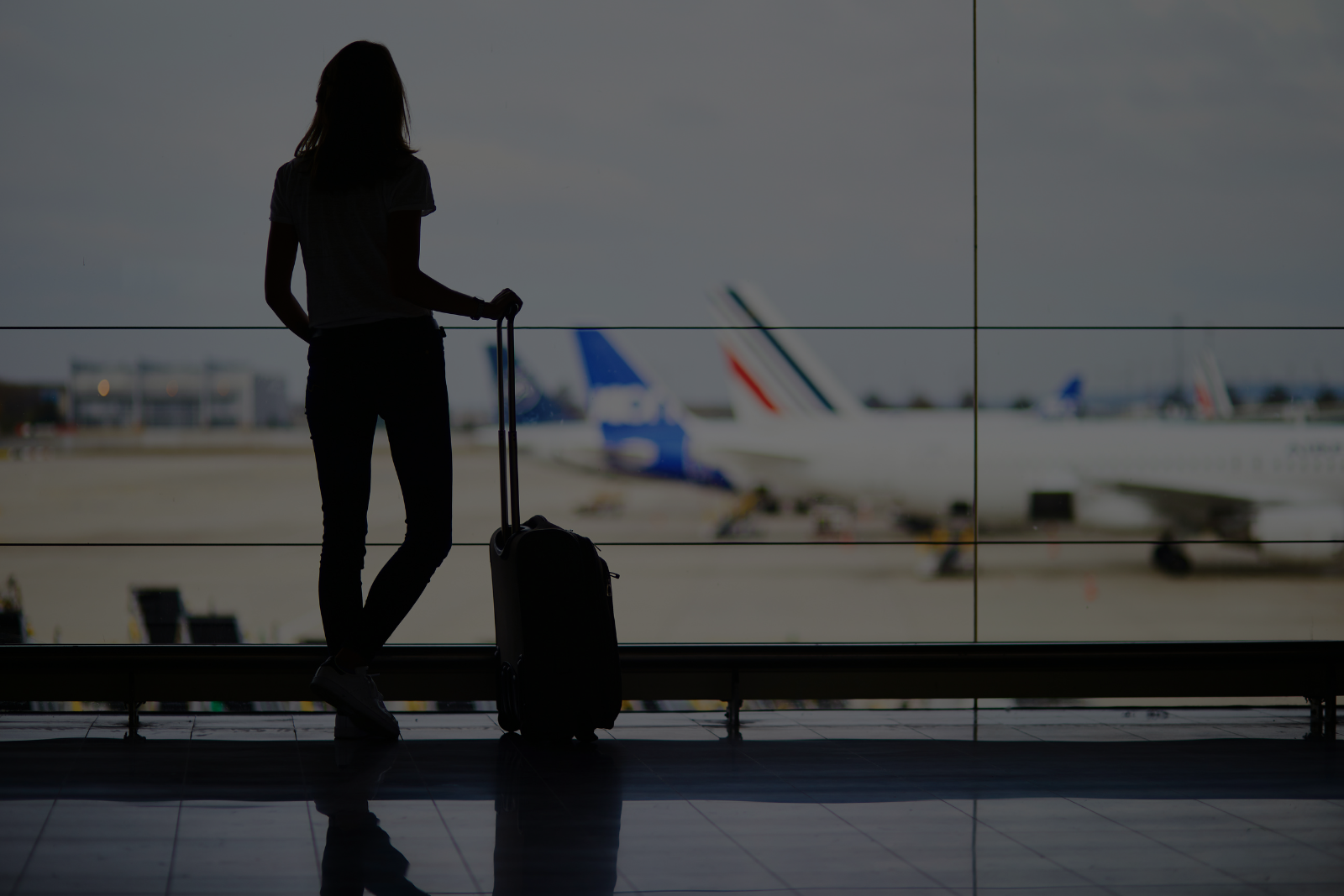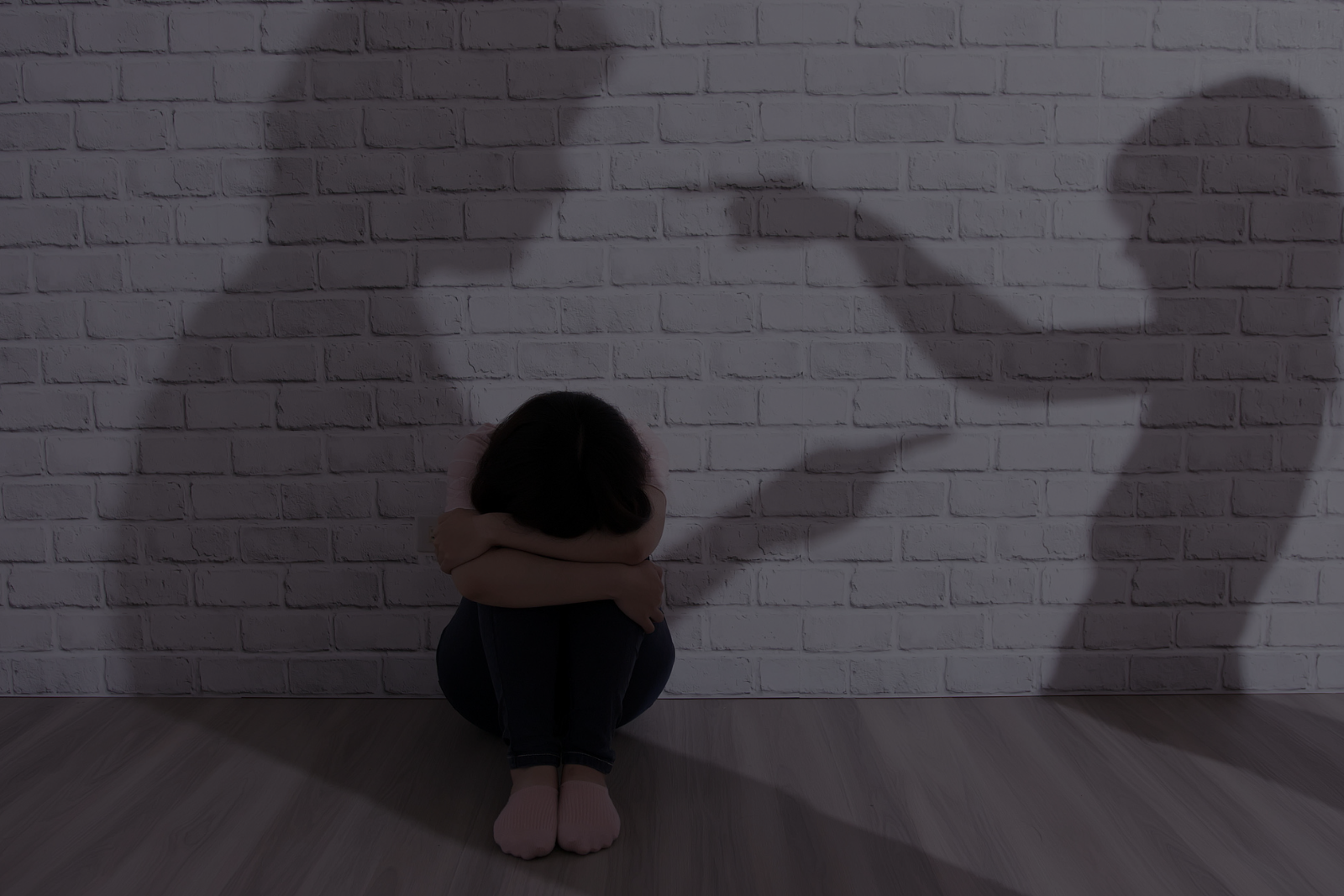Common parenting questions that have arisen during this time, include: whether people need to comply with court orders at all during this epidemic; how to manage if one parent wants to remove a child or children from school whilst the schools are not closed yet; or changeovers if schools were to close; or is there an obligation to cease all holiday plans, and despite court orders permitting this.
The first thing to consider at this time is to remember that children are nervous too, and the last thing they need is to see their parents fighting about them. Therefore, the principle to keep in mind is to be reasonable and make your children’s well-being your top priority.
On this note, people might feel torn between breaching parenting orders and wanting to limit their children’s movements. Parents should of course try to have a collective approach to keeping the children away from crowds and older people. Even if there were court orders in place, parents could still agree to vary the orders while social distancing and isolation are being encouraged.
It is important to note parenting orders continue irrespective of whether children are attending school or daycare/ kindergarten. If they are closed, parents will need to abide by the orders and organise their employment so to be able to care for their children on their days or make alternate arrangements with the other parent.
There have been inquiries being made about what happens when one parent wants to remove a child from school, and the other parent does not and what happens with shared parenting orders in these situations. The answer would simply be, that unless the matter ends up in court, the parent not wanting to remove the children from school would – unless there was a risk(s) such as discussed further on – continue to take the child to school whilst with them in their week, whilst the other parent did not take the child to school on their week – and that is if it were considered in the child’s best interests.
The current situation may even likely result in modifications, albeit temporary, of parenting time and resolved with makeup time to the other parent.
If people cannot work it out, then they should try to resolve issues by mediation or through other means.
The spread of the virus is not an excuse to cut off another parent
Parents might use the virus to cunningly deprive the other parent of time with their children.
This is a public health emergency. This is not a time to try to cause unnecessary upheavals with parenting orders. This is a time about keeping everyone safe.
Parents self-isolating children may be shown sympathy
Failing to comply with court-ordered parenting time always poses a risk of a Contravention order(s) for parents and weighing that risk against the potential life-and-death consequences of coronavirus exposure is sure to weigh on the minds of parents throughout Australia as the virus continues to spread.
In the event a parent contravened court orders, the court may take a sympathetic approach to those that wanted to isolate their children during the pandemic, provided it is demonstrated that there was a genuine cause for concern. Whether a court would consider an infection within another parent’s household as being a reasonable excuse (what a defence to an alleged breach is called in the Family Law Act) for cancelling time with another parent will depend on numerous factors, including:
- Whether the noninfected parent lives in a community with an outbreak
- Whether any members of the noninfected parent’s household have already been exposed to the virus from other sources
- Whether there are especially vulnerable household members in the noninfected parent’s house
- How widespread disease transmission is in general when the issue arises
- Whether community containment efforts (ranging from social distancing to government quarantines) remain in effect at the time
- Whether exposing the child to an infected person could have practical impacts on the child’s life, such as being unable to move freely between homes.
The court is concerned with the best interests of children. If there is any risk, albeit a small one, that children may be exposed to the virus, then the court will likely decline to make a finding of contravention and to make appropriate and protective orders.
Any parent that is isolating their children due to health concerns should be making every effort possible to continue to allow the child to have a relationship with the other parent, even if it is not in person.
If the matter then came before the court, an isolating parent will need to be able to show what they were thinking at the time and that you did their very best to communicate that to the other parent.
If a parent proposes to breach a parenting order by not handing over a child because of the risk of infection in the other household, specific medical and other evidence about the risk to the child will be required to defend any contravention application.
Parenting matters and overseas/interstate travel
It is a parent’s decision as to whether that parent can travel interstate or overseas – subject to being allowed to do so by the government. However, if that parent wants to take the children overseas, the court is unlikely to hear any dispute on an urgent basis. The courts are likely to be extremely cautious about such travel issues, and a parent wanting to travel with children would need to demonstrate exceptional circumstances.
The parent should also be aware that if they are not permanent residents or Australian citizens, then they may not be allowed back into Australia at all. As of midnight, on 15 March 2020, if they are allowed back into Australia, they will be required to self-isolate for 14 days which means not seeing the children for that time. There may be fines or other penalties for not self-isolating. Therefore, court orders already made, which permit overseas travel by children may not be practical or enforceable.
The content of this article is intended as a general guide to the subject matter. For specific legal advice about your individual circumstances, please contact our experienced lawyers.
Shane leads Ivy Law Group’s Family Law team and has a reputation as one of Sydney’s leading divorce lawyers.
Shane can help with all aspects of family law, including relationship breakdowns, children and parenting matters, financial agreements and property settlements for married and de facto couples.





